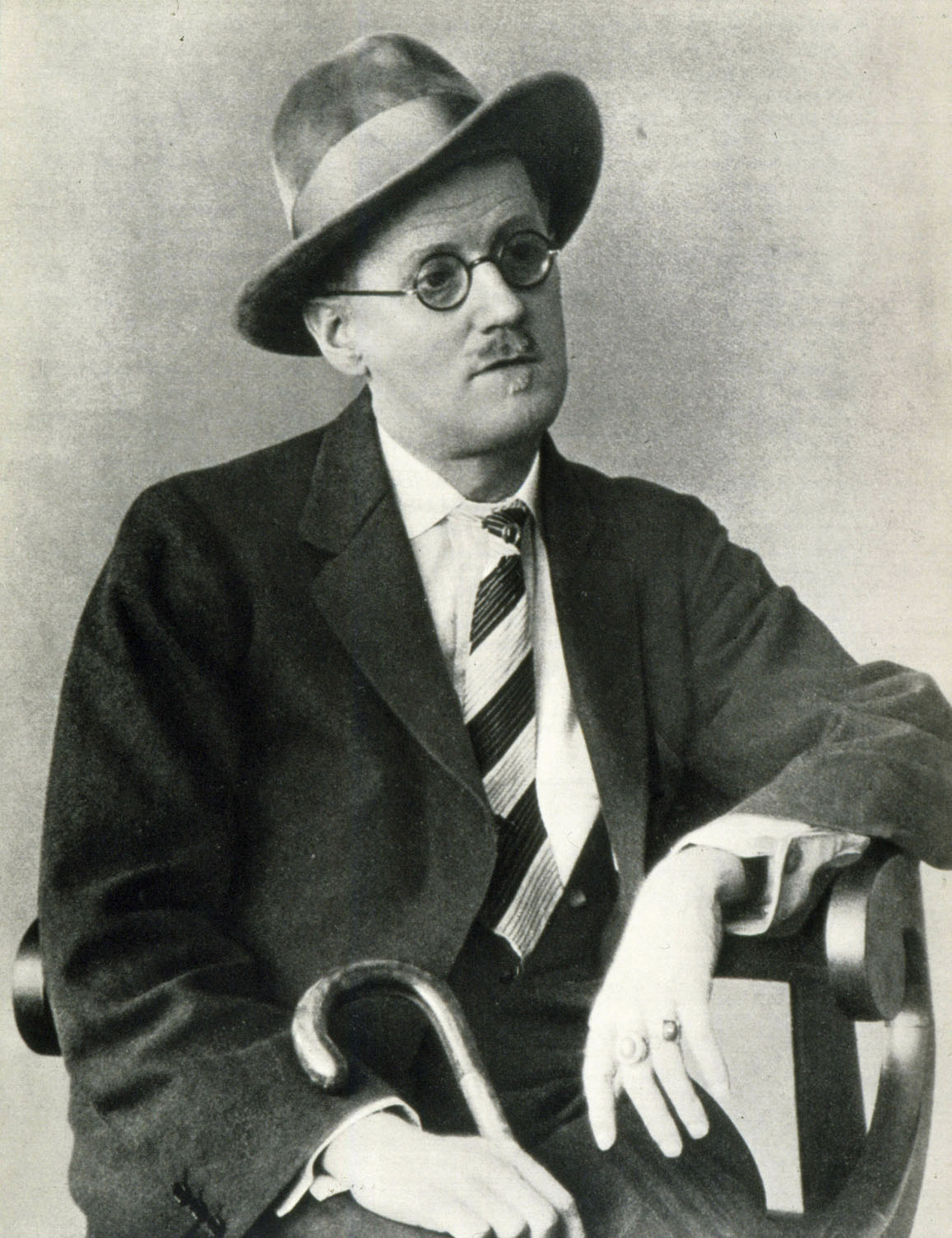
It was half way through “The Boarding House,” a story from James Joyce’s collection Dubliners, published exactly 100 years ago, that I realized what good writing really was. In the story a young man staying in a boarding house becomes involved with the owner’s daughter. One morning, the owner asks to see him, and the young man waits in anguish before meeting with her: “He had made two attempts to shave but his hand had been so unsteady that he had been obliged to desist. Three days’ reddish beard fringed his jaws and every two or three minutes a mist gathered on his glasses so that he had to take them off and polish them with his pocket-handkerchief.” The moment I read those lines I knew right away what it felt like to be unshaven and to wait for a girl’s mother, even though I couldn’t grow a beard in 8th grade, and I certainly never had a girlfriend. Before “The Boarding House,” I had never imagined that anxiety could have collateral damage—that one might not be able to shave even though one might desperately want to, or that a scared fog might collect on one’s glasses. I had never imagined that writing could ever be that incisive, or that precise.
I had borrowed the book from my high school library—I heard the name Joyce thrown around the house, and Dubliners was the shortest of his volumes. I tore through several stories during lunch, and even reread “Araby,” a story about a young boy who offers to buy a trinket for a girl he likes. I finished my math test early so that I could get back to my book, I was asked to leave English class the next day when my teacher caught me reading the copy of Dubliners I had tucked into my backpack. We were supposed to be studying Travels with Charley, but could anyone really expect me to read Steinbeck after Joyce? That year, I decided that I would go to University College in Dublin, and if that failed, then I would go to the nearby Trinity College.
What struck me about those lines in “The Boarding House” was how expertly they disguised themselves as banal. There was nothing flashy about them—unlike the lyrical final paragraph of “The Dead,” arguably the most famous story in the whole collection, or the heart-wrenching moments in “Eveline,” a story about a girl leaving home. With almost no disquisition, Joyce unpacks everything there is to know about this young man. He uses a patch of crimson stubble to describe the sensation of being afraid, and on edge. Joyce puts to shame the clichés meant to act as subtle indications of a character’s tormented mental state—Gatsby’s long disappearances from parties, Holden Caulfield’s underage drinking habit. These supposed hallmarks of dark and tortured characters have allowed us to forget that fear doesn’t make us cling onto a flask, but rather, makes it hard to hold a razor straight enough to shave. Joyce’s three-day beard is a way of staring down all of our anxieties and apprehensions by pointing out something so simple about ourselves that we may never even have noticed it.
This is, perhaps, the magic of Dubliners. The stories convince us that they and their characters are almost unimportant until they kick us in the heart. When we read Dubliners we know that each of Joyce’s Dubliners is stuck, but unlike many authors, Joyce never actually has to say She was working a dead-end job that was only meant to last a few months. And then 15 years went by. Good writing, Joyce reminds us, makes a deeper incision because anything else might just as well be anecdotes around a dinner table. Joyce reminds us that there is something inelegant about relying on the universal, Hollywood stand-ins for certain emotions. A good surgeon does not simply remove the bulk of a tumor, but cuts deep enough that he inevitably ends up scraping off some living, human tissue as well. The two sentences of “The Boarding House” are a constant reminder that it is not enough to have good depth of field, but that nothing—not even the stubble on a chin 100 years ago in Dublin—should be out of focus. And now, ten years after reading those sentences for the first time, I think of Joyce when I run my anxious fingernails across a red, scruffy, three-day beard of my own.
More Must-Reads From TIME
- The 100 Most Influential People of 2024
- The Revolution of Yulia Navalnaya
- 6 Compliments That Land Every Time
- What's the Deal With the Bitcoin Halving?
- If You're Dating Right Now , You're Brave: Column
- The AI That Could Heal a Divided Internet
- Fallout Is a Brilliant Model for the Future of Video Game Adaptations
- Want Weekly Recs on What to Watch, Read, and More? Sign Up for Worth Your Time
Contact us at letters@time.com